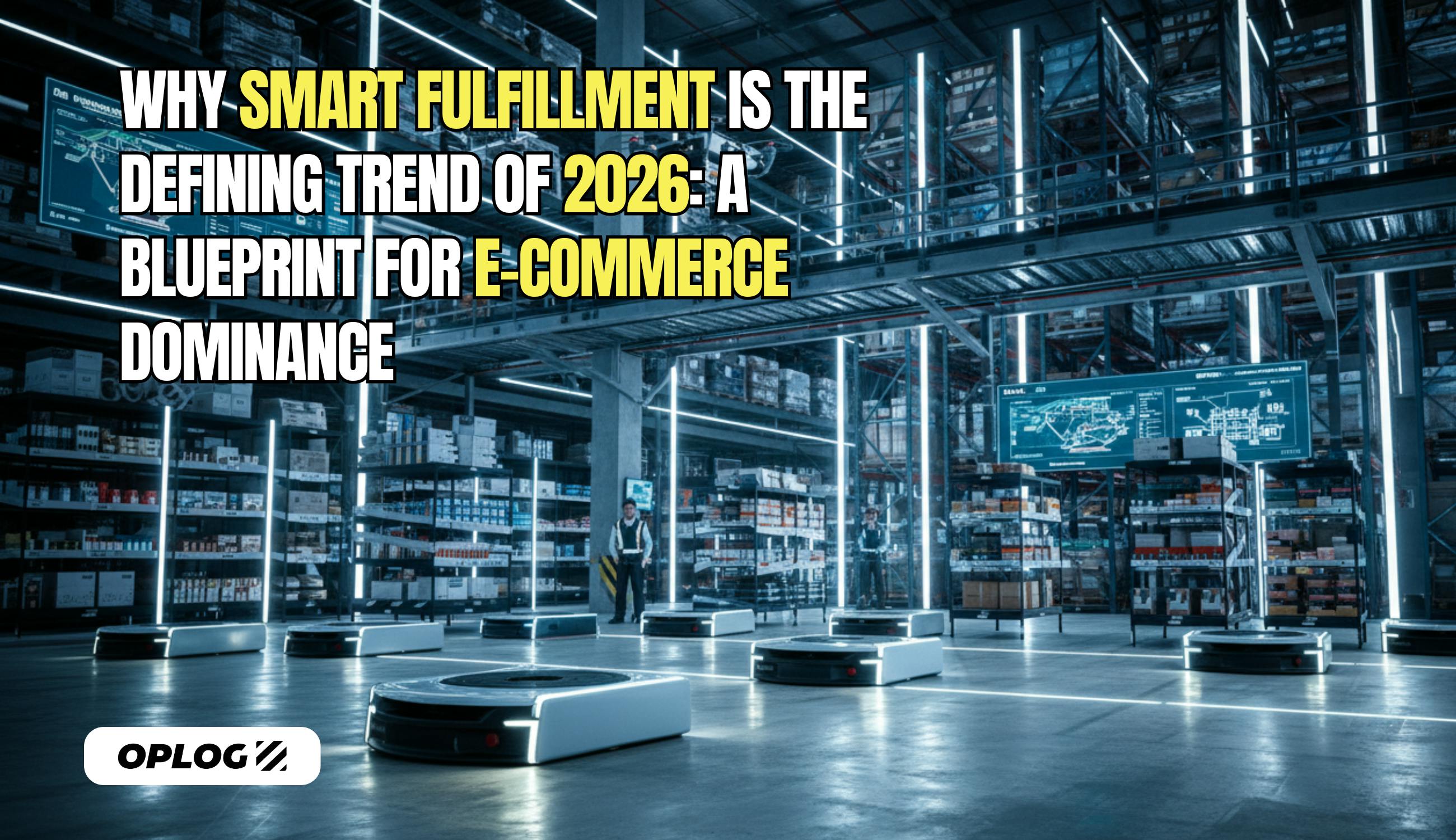Empower Your Sales with Social Commerce: Unleashing the Power of Social Media for Your Business
The world of online shopping is evolving and becoming more social. With the rise of social commerce features on various platforms, businesses of all sizes have new opportunities to connect with customers, drive sales, and increase revenue. The COVID-19 pandemic has accelerated this shift as more consumers look to shop online and brick-and-mortar stores struggle to stay open. To stay competitive, companies are now investing in digital transformation to stay relevant.
So, how can you take advantage of this new revenue opportunity? The key is understanding social commerce and how it can benefit your business. In this article, we will provide a comprehensive guide to social commerce - from its definition to its implementation and how it can help your business grow. Learn the ins and outs of this new trend in e-commerce and how to successfully integrate it into your sales strategy.
What is social commerce?
Social commerce is the ultimate fusion of e-commerce and social media, taking online shopping to the next level. It’s the way to shop on social media platforms, where you can purchase products directly on your favorite social media platforms or use them to research and discover products before making a purchase on an e-commerce website.
It's a game changer for businesses as it allows them to connect with customers, increase brand awareness and drive sales in a way that was never possible before. It's like having the power of the mall in your pocket, with the added bonus of being able to connect with friends and influencers and get real-time feedback and exclusive deals. With social media giants such as Facebook, Instagram, Twitter, TikTok, and many more, adding shopping features, it has never been easier for businesses to tap into the power of social commerce and give their sales a boost.
What is the difference between social commerce and e-commerce?
Social commerce and e-commerce are both types of online shopping, but they have some key differences.
E-commerce refers to the buying and selling of products or services through the Internet. It typically involves a business setting up an online store where customers can browse, purchase, and pay for products. This can include things like online marketplaces (such as Amazon), retail websites (such as Nike), or online services (such as Spotify). E-commerce is focused on creating a seamless online buying experience for customers, allowing them to shop at any time, from anywhere.
Social commerce, on the other hand, is the use of social media platforms to facilitate the buying and selling of products and services. It involves the integration of e-commerce and social media, enabling customers to purchase products directly through social media platforms, or using social media to research and discover products before making a purchase on an e-commerce website. This can include things like direct purchasing on social media platforms, using social media to drive traffic to e-commerce sites, or using social media to research and discover products. Social media platforms such as Facebook, Instagram, Twitter, TikTok, and many more have implemented features that allow users to shop and make purchases directly on their platforms.
In summary, e-commerce is focused on creating a seamless online buying experience while social commerce is focused on leveraging the power of social media to connect with customers, increase brand awareness and drive sales.
The best social commerce platforms to use in 2023
In 2023, there are several social commerce platforms that businesses can use to connect with customers, increase brand awareness, and drive sales. Some of the best platforms include:
Facebook: With over 2 billion monthly active users, Facebook is one of the largest social media platforms in the world. It allows businesses to create storefronts, where customers can browse and purchase products directly on the platform.
Instagram: With over 1 billion monthly active users, Instagram is a popular platform for businesses to showcase their products and connect with customers. It allows businesses to tag products in their posts, making it easy for customers to purchase products directly from the platform.
TikTok: With over 1 billion monthly active users, TikTok is a fast-growing social media platform that is especially popular among younger generations. It allows businesses to create shoppable videos and live streams, where customers can purchase products directly from the platform.
Pinterest: With over 400 million monthly active users, Pinterest is a platform that is mainly used for inspiration and discovery. It allows businesses to create shoppable boards, where customers can purchase products directly from the platform.
Twitter: With over 330 million monthly active users, Twitter is a platform that is mainly used for real-time conversations. It allows businesses to create shoppable tweets, where customers can purchase products directly from the platform.
It's worth noting that these platforms are constantly updating their features, so it's important to keep an eye on the latest developments and updates in order to make the most out of the platform. It's also important to note that different platforms have different audiences and demographics, so it's worth researching which platform would be the best for the type of product and audience the business is targeting.
6 Key Benefits of Social Commerce
There are several key benefits of social commerce for businesses:
- Increased reach and engagement: Social media platforms have large and engaged audiences, which can help businesses to increase brand awareness and drive sales.
- Targeted advertising and marketing: Social media platforms often have powerful targeting and advertising tools, which can help businesses to reach specific demographics and increase conversions.
- Building customer relationships: Social media platforms allow businesses to interact with customers, respond to their questions and concerns, and gather feedback. This can help businesses to build trust and loyalty with customers, which can lead to repeat business and positive word-of-mouth marketing.
- Data collection and analysis: Social media platforms provide a wealth of data that businesses can use to create personalized and targeted marketing campaigns, which can help to increase conversions and sales.
- Cost-effective: Social commerce is relatively cost-effective compared to traditional marketing methods and it provides a wider reach.
- Mobile friendly: With the majority of internet users accessing the web through mobile devices, social commerce allows businesses to reach customers where they are, on their mobile devices.
Overall, social commerce can be a powerful tool for businesses looking to reach and engage customers, drive sales, and build relationships. By effectively leveraging the power of social media, businesses can take advantage of the many benefits of social commerce and grow their business.
6 Challenges of Social Commerce
There are several challenges and considerations for businesses looking to implement social commerce:
- Keeping up with the constantly changing social media landscape: Social media platforms are constantly evolving and updating their features, which can make it difficult for businesses to keep up. It's important for businesses to stay informed about the latest developments and updates in order to make the most out of the platform.
- Managing customer expectations and privacy concerns: As more transactions take place on social media, businesses must ensure they are complying with data privacy regulations and are transparent with their customers about how their data is being used.
- Ensuring a seamless buying experience across different platforms: Social commerce involves connecting various platforms, such as eCommerce websites, social media, and payment gateways, which can be complex and challenging. Businesses need to ensure that the buying experience is seamless across all platforms and that there are no technical glitches that might discourage customers from completing a purchase.
- Creating and sharing engaging content: Social commerce requires businesses to constantly create and share engaging content to keep customers interested and coming back. This can be a time-consuming and resource-intensive task and requires a dedicated team and strategy.
- Managing inventory and logistics: Social commerce requires businesses to manage inventory and logistics in real time, as orders are placed and processed through social media platforms. Businesses need to have a reliable logistics and inventory management system in place to ensure that orders are fulfilled on time and customers are satisfied.
- Managing customer complaints and returns: As with any e-commerce platform, social commerce involves managing customer complaints and returns. Businesses need to have a clear process in place for handling such situations and need to be able to respond to customer queries and complaints in a timely and efficient manner.
Overall, implementing social commerce requires a strategic approach, a dedicated team and resources, and a commitment to constantly improving and adapting to the ever-changing social media landscape.
In conclusion, social commerce is a rapidly growing trend that offers immense potential for businesses to boost their sales and reach out to a wider audience. With the rise of social media platforms and changing consumer behavior, social commerce is no longer a luxury but a necessity for businesses to survive and thrive in today's digital age.
As a fulfillment company, OPLOG can help businesses leverage social commerce by providing efficient and cost-effective fulfillment services, managing inventory, and ensuring timely delivery of orders. With OPLOG, businesses can focus on their core competencies and leave the logistics to the experts, thereby improving their customer experience and satisfaction. So, if you want to take your social commerce game to the next level, look no further than OPLOG.






